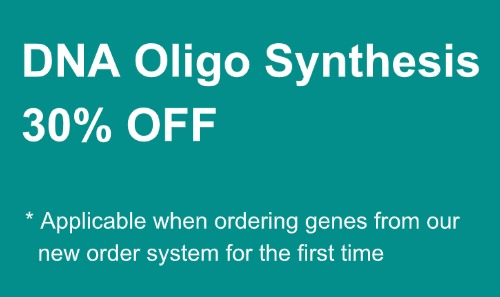In the realm of biotechnology, there exists a common misconception that custom dna oligos are merely tools for genetic research and manipulation. However, their applications extend far beyond traditional laboratory settings. The versatility and precision of these synthetic nucleotides play a crucial role in various innovative fields, particularly in enhancing transportation attributes within biotechnological frameworks.
The Significance of Custom DNA Oligos in Modern Science
Custom DNA oligos are short sequences of nucleotides designed to meet specific research needs or therapeutic goals. Their unique properties allow for tailored interactions with target molecules, making them invaluable in numerous applications. Notably, when integrated into Internet of Things (IoT) systems, custom DNA oligos can facilitate real-time monitoring and data collection related to biological processes during transport. This capability enhances the efficiency and reliability of biotechnological products as they move through supply chains.
Plasmid DNA Preparation Services: Enhancing IoT Applications
plasmid dna preparation services serve as an essential component within the landscape of IoT applications by providing high-quality plasmids that can be utilized for gene expression studies or synthetic biology projects. These services ensure that researchers have access to well-characterized plasmids which can be embedded into devices capable of environmental sensing or health monitoring. By integrating plasmid-based systems with IoT technologies, we enable continuous data transmission regarding cellular responses under varying conditions during transportation—ultimately leading to improved product integrity and safety.
The Role of Synbio in Advancing IoT Applications
Synthetic biology (Synbio) represents a transformative approach within the field that combines engineering principles with biological sciences to create novel organisms or biological systems capable of performing specific tasks. In relation to IoT applications, Synbio facilitates the development of smart biosensors that can communicate vital information about their environment via connected networks. This integration allows for enhanced tracking capabilities throughout transportation processes while ensuring optimal performance based on real-time feedback from these engineered biological entities.
Conclusion

In summary, custom DNA oligos significantly contribute to advancing Internet of Things (IoT) applications by improving transportation attributes across various sectors within biotechnology. Through effective use alongside plasmid preparation services and synthetic biology innovations, we unlock new potentials for monitoring and optimizing bioproducts during transit—ensuring quality control while fostering innovation at every stage.

